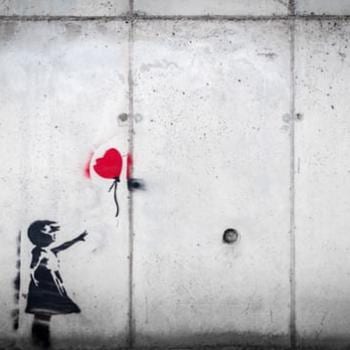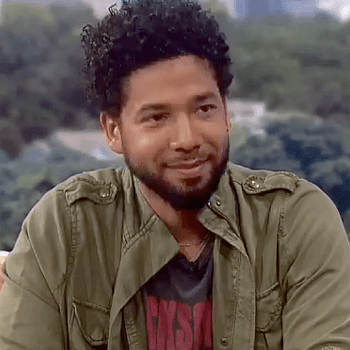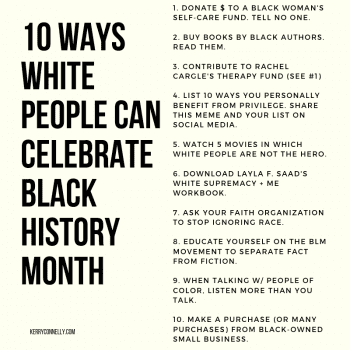Again, K’s dysphoria with Christianity has less to do with gender theology and more to do with this “theology of excellence” that the American church seems to propagate. K has a heart for justice and an awareness of the privilege she enjoyed as a well-educated, Asian-American male. Here’s what she says:
I used to identify as male, I’ve always been attracted to women, and four years ago I became a Christian. With my degree from a small liberal arts college on top, I enjoyed a healthy access to privilege, enough to make myself fat and rich if I wanted to and forget about the poor and the black and the queer. It was by far the most miserable experience. The privilege bubble didn’t make me distracted or satisfied, it cut me off from myself and from the endpoints of the feelers my spirit has to the ends of the earth. None of it was ever compatible with any part of me — elitism is fundamentally counter to everything that I am — so not only did it starve me of my soul food out there in the messy world, it tried to feed me stuff that was indigestible at best.
Elitism is not just counter to K’s ethos. It’s counter to Jesus’ message as well. Here is K, one of the most marginalized of all people in American Christian culture today, who knows what it’s like to be inside and out of that privilege bubble.
This is a voice that needs to be heard.
Because American Christianity is failing people like K. She could not find her space here, because we did not create one for her. And who the hell are we to say that God doesn’t want her? That’s bullshit. God adores her.
The day I realized and said out loud that I am *not a Christian* was just about the most joyous day I’ve had in four years. Then I started the slow process of picking out all the pieces of Christianity that were toxic to my body, and it was an endless litany of anger and outrage at my best friend from college, who considers me her dearest friend and brightest of lights in her life.
I don’t know if it’s her or the Christianity, but there’s just this impenetrable wall of stock answers that prevents me from having a real conversation with her about my personal needs. When I’m overworking myself to play along and make Christianity feel comfortable, and neglecting my needs in the process, I’m being “Anointed and Christlike”. When I even try to mention those neglected needs out loud, I’m being unfair, bipolar, “easily offended” “politically correct” “expecting her to be an expert on all my esoteric interests”, etc. Our community’s philosophy of emotions is built on the premise that if someone is making you feel guilty, it’s because they’re trying to manipulate you with old grudges that have nothing to do with the present. This makes it difficult to talk about my needs and hurts, when it’s present ongoing conflicts with the foundation of our Christianity itself.
K – Email dated 7/23/16
It’s important to know something else about K: She is a survivor of Sozo Prayer, a “healing prayer” type of …. therapy?… that comes out of Bethel church. I am only just learning about this method, but let’s just say, reviews are mixed.
Read on to learn about K’s experiences with Sozo and some final thoughts from her.
















